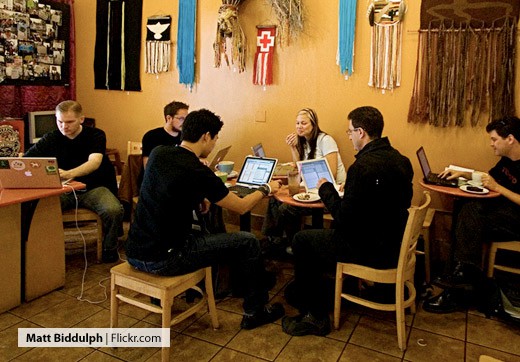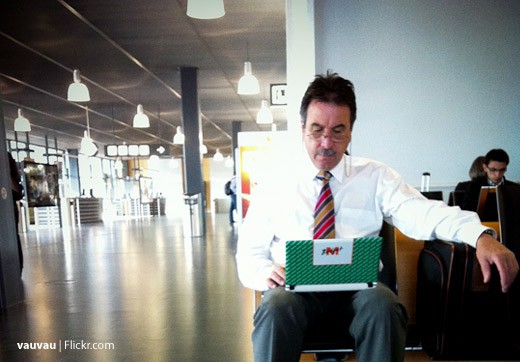
When I worked in the pharmaceutical industry, I used to be on a team that interviewed job candidates for upper management positions. One thing that struck me as I sifted through the short-listed candidates was that the fast-trackers who quickly rose to the top of the corporate ladder did so by job hopping. They moved from company to company every few years, taking on increasing responsibility with each move. It made me wonder why I was working so hard to establish myself within a company, when the key to success seemed to be to move to a different company when you were ready for the next level.
Job hopping is a hotly debated topic. Some people believe it’s the only way to get ahead, while others say that switching jobs too often signals a character flaw.
Workers today know they could be laid off at any time – after all, they saw it happen to their parents – so they plan defensively and essentially consider themselves ‘free agents.
The Evolution of Job Hopping
In an article for the Harvard Business Review, Monica Hamori, a professor of human resource management at IE Business School in Madrid, wrote, “Climbing the hierarchy used to be a reward for loyalty. But in the 1980s, as firms stripped out layers of management, promotions became fewer and farther between. To get ahead, executives started moving from company to company.”
Now job hopping is “the new normal for millennials,” according to Forbes contributor, Jeanne Meister. “Workers today know they could be laid off at any time – after all, they saw it happen to their parents – so they plan defensively and essentially consider themselves ‘free agents.’”
The phenomenon of frequently switching companies has also accompanied the shift in technology and its influence on culture. An article on the website of Michael Page, an international recruiting firm with offices in Toronto and Montreal, states:
Up to a decade ago, interviewers frowned upon a resume that betrayed you as a “job hopper”. However, this attitude has started to shift with industries such as technology, advertising and PR firms who have elevated job-hopping to a lifestyle and a necessity to keep up with industry changes. Because of this, the tables are turning in the more traditional industries as well, and the once negative image of job-hopping is now being seen as ambitious. In fact, according to one recruiter, in some industries, if you stayed at the same job for five years, you’d have some explaining to do.
Indeed, serial entrepreneurs are the quintessential job hoppers. “Job hopping makes Silicon Valley hum,” say ReadWrite business commentators Tim Devaney and Tom Stein. Continue reading →








